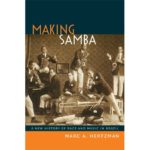
The World Samba Made
Hertzman’s book on samba illuminates a common struggle for music scholars and cultural historians: how can musical sounds inform our cultural histories?

Hertzman’s book on samba illuminates a common struggle for music scholars and cultural historians: how can musical sounds inform our cultural histories?
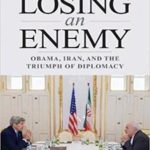
Though clearly in favor of the 2015 agreement that limited Iran’s ability to develop a nuclear weapons capability in return for lifting sanctions, the strength of Parsi’s account is in its ability to speak to many of the players.

Last Girl Standing, the autobiography of cartoonist and comic book historian Trina Robbins, tells the story of a New York Jewish girl “who didn’t grow up in a dysfunctional family.”
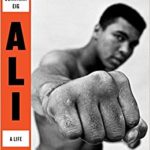
Jonathan Eig has compiled the most interesting and informative details from the best of the Muhammad Ali biographers, boxing historians, and Ali’s friends and family to give readers a comprehensive look at a complex life both blessed and cursed by the sports world’s toughest profession.
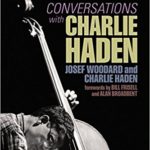
To readers who are encountering the bassist for the first time, Conversations offers colorful (re)tellings of Haden stories that are now part of jazz’s folklore.
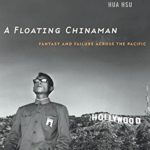
Hsu’s thoughtful and beautifully written account of H.T. Tsiang’s efforts to add to the China experts’ conversation about his native land is a brilliant study of “what ifs?”
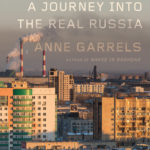
In Putin Country shows that—in the midst of change, instability, and loss of international standing—the average Russian is still looking for someone to restore Russia to its former greatness.
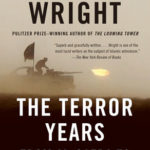
The strength of The Terror Years is its candid portrayal of societal and personal shortcomings and strivings from areas as diverse as the meeting rooms of Washington, D.C., the heat of southern Arabia, and the hinterlands of Afghanistan.
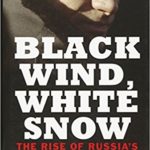
Charles Clover catalogs each of Putin’s references to Eurasianism and, in so doing, draws a picture of Putin’s policies that pose an existential threat to Russian democracy, the Ukraine and other former Soviet republics, to Crimea, to European unity, NATO, and liberal and democratic institutions everywhere.
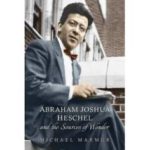
Marmur elucidates Heschel’s theological and social contributions through a systematic study of his use of quotes, footnotes, and citations. The result, a coherent, succinct, and systematic portrayal of Heschel’s work, is an important and impressive contribution to the critical study of one of the 20th century’s leading theologians.